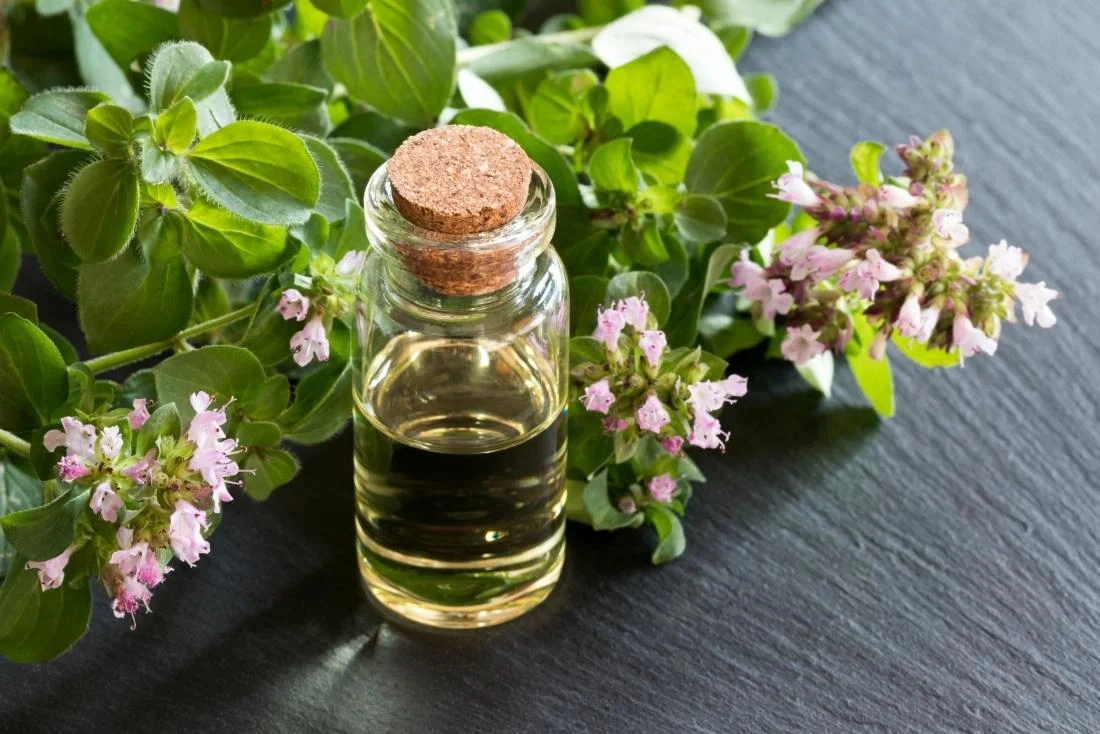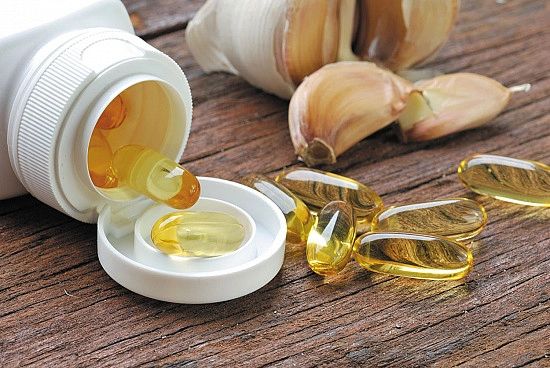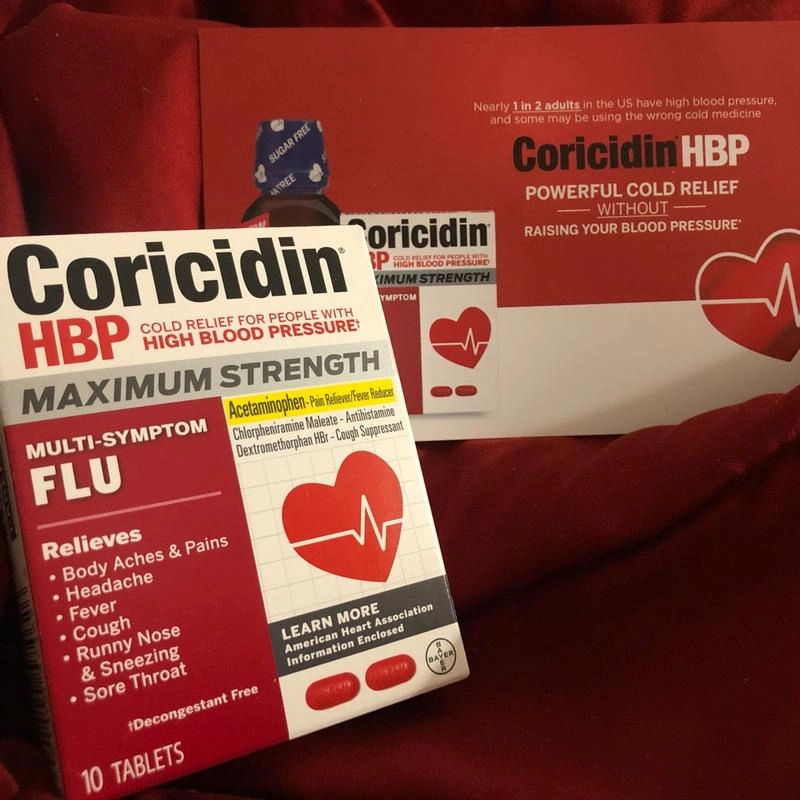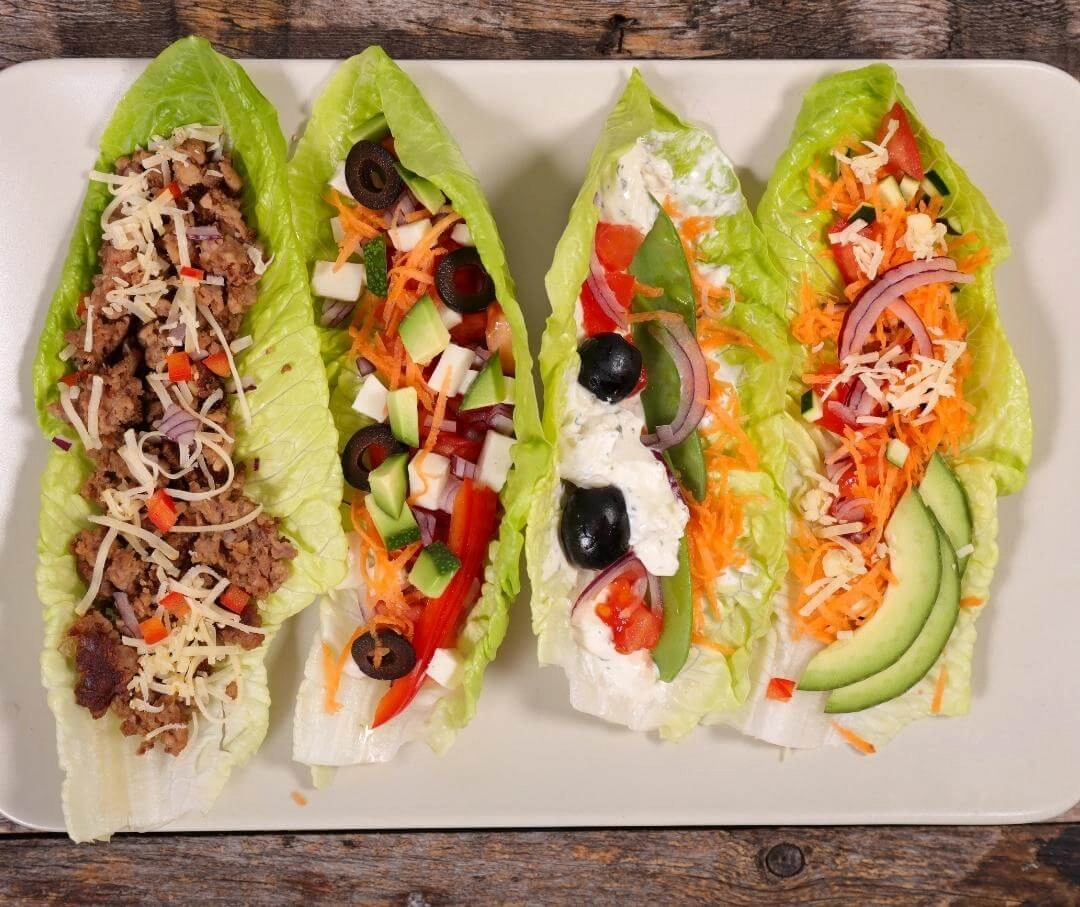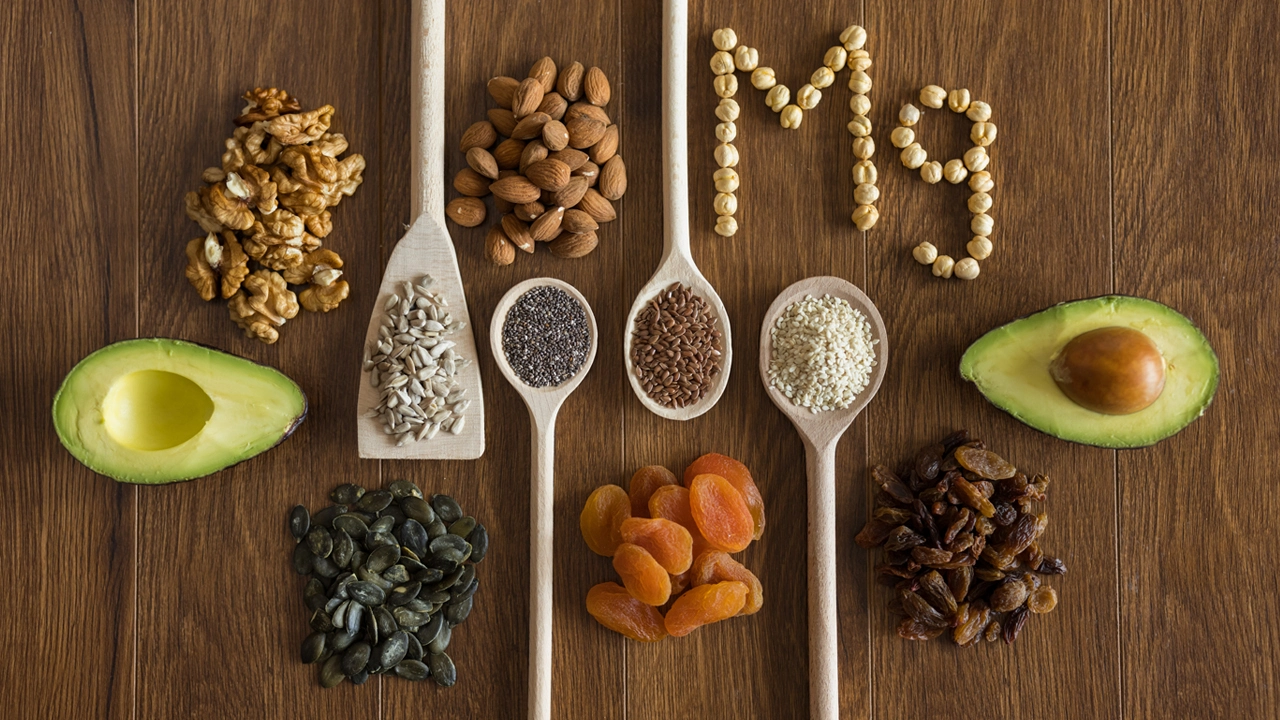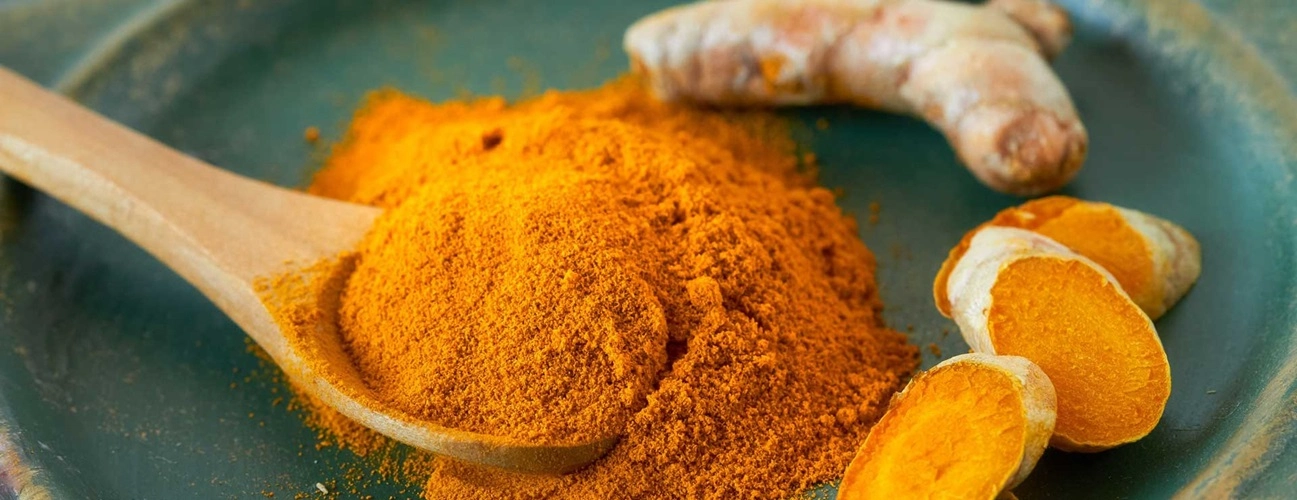Laws on Personal Hygiene: How you take care of your body is referred to as personal hygiene. Maintaining hygiene mostly entails bathing, hand washing, and dressing in clean clothing, all of which promote your health and the health of those you interact with.
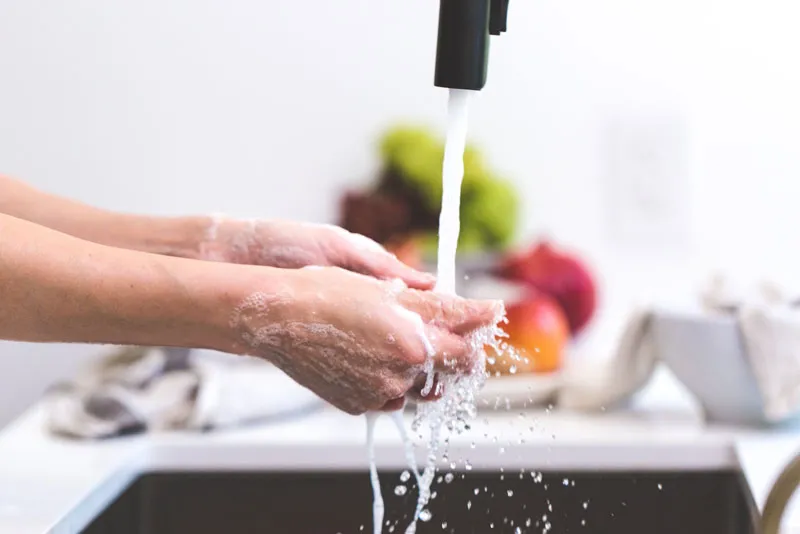
In this post, we share twelve key personal hygiene guidelines to help you maximize hygiene when handling food.
Why is Personal Hygiene Important in the Kitchen?
Whether in a home or business setting, personal hygiene is crucial in kitchen settings. Cross-contamination is highly likely if personal hygiene is not maintained and proper kitchen hygiene and safety procedures are not followed.
Personal hygiene is crucial if you handle and serve food in a kitchen because it is a requirement for maintaining high standards of cleanliness in the space. Since it is illegal to disregard some health and safety regulations, disregarding the advice below and your personal hygiene could endanger not only your employment but also the company you work for.
11 Laws on Personal Hygiene when Handling Food
Many components of maintaining proper personal hygiene are simple to remember and adhere to because we have all been taught how to do them since we were young.
If you will be preparing and serving food products as part of your profession, it is crucial that you master the components of personal hygiene that are more specific to working in a food-handling workplace. Here are 11 important personal hygiene tips to keep in mind when handling food.
Wash Your Hands
Washing your hands with warm water and antibacterial soap is perhaps the most crucial piece of advice and a fundamental component of personal hygiene. You and the people consuming the food you handled are protected because this is the only method to guarantee that contaminants are eliminated from your hands and prevent cross-contamination between food items, utensils, and surfaces.
You ought to wash your hands:
- Prior to handling any food item
- While working with various culinary items
- Following the handling of unpasteurized dairy products, raw meat, fish, and eggs
- Once a surface, tool, or piece of equipment has been cleaned
- After handling trash or coming into contact with a bin
- Following a bathroom visit
- Following a sneeze, cough, or nose wipe
- If it’s obvious that your hands are unclean
To make sure your hands are clean, wash them for at least 20 seconds with soap and water. To make sure you don’t overlook any possible contaminants, you should wash your hands from front to back, between your fingers, and all the way down to your wrists.
Dry Your Hands
Another crucial component of personal hygiene practices is thoroughly drying your hands after washing them. Wet hands may provide a slip hazard on a kitchen floor or make handling instruments like knives risky, but clean and wet hands don’t really constitute a health concern when they come into contact with food.
Hands should be completely dried with a fresh cloth or towel, or they can be dried with paper towels that are thrown away after use. To dry your hands, you can also use a hand drier, which is the most hygienic and waste-free solution.
Wear Clean, Protective Clothing
One important piece of personal hygiene advice to abide by is to wear protective clothing in the kitchen, such as gloves, a hat, an apron, or a hair net, as this lowers the danger.
To lower the chance of cross-contamination, make sure your clothing is thoroughly cleaned. Head coverings and fresh, clean aprons should be worn daily.
To prevent catching any contaminants from the outside, you should take off your apron when you leave the kitchen during a shift and put it back on when you return.
Additionally, you should refrain from entering a kitchen in overly filthy attire because the health risks may not be completely mitigated by simply donning clean protective gear.
Cover or Tie Up Long Hair
When handling food, long hair poses a health and safety hazard since it can become entangled in components and inadvertently end up in the mouth of the person who consumes the finished product.
Long hair must be firmly tied back when handling food to prevent it from falling into the food, and in certain kitchen settings, hairnets may also be required. For the same reasons, you might also need to use a net to hide your long beard.
Keep Fingernails Short and Clean
It’s possible for contaminants to live under your fingernails and subsequently infect the food items you come into contact with. As a result, fingernails should be kept short to reduce the possibility of dirt getting under them and to maintain cleanliness by frequent hand washing.
Avoiding nail paint is another way to maintain clean nails. Most kitchens don’t let staff members paint their nails for work since it poses a contamination concern because the lacquer could chip and rub off on the food they’re handling.
Remove Jewellery
Wearing jewelry increases the risk of contamination, this time physical cross-contamination, since the jewelry may fall into the food you’re handling and endanger the consumer’s health or cause choking. To reduce the possibility of this risk, it is advised that you refrain from wearing any jewelry when handling food.
Additionally, jewelry may get filthy or leave spots on your hands that are difficult to clean. Another reason why taking off your jewelry is the best course of action when handling food is that it may cause germs to remain on your hands and contaminate the food you handle.
Cover Wounds
Making sure that any cuts or wounds on your hands are covered up is a crucial part of maintaining proper hygiene when working in the kitchen.
Plasters or dressings must be worn over open wounds to keep them safely covered since they pose a clear risk of biological contamination, but even scabs or fresh scars might harbor bacteria that could contaminate the food you’re handling.
Additionally, you should cover any wounds on your hands with disposable gloves to keep the dressings from slipping off and getting into the goods you’re handling.
Make sure to put on a fresh pair of gloves whenever you switch tasks or after handling something that might be contaminated because these gloves should be replaced frequently to prevent cross-contamination.
Don’t Smoke Near the Kitchen
Your hands and clothing may become contaminated by the smoke and smell of cigarettes, which may then infect the food you handle later.
Making sure you take off any protective gear you may be wearing before leaving the kitchen to smoke and then thoroughly cleaning your hands before handling any materials is an important aspect of maintaining proper personal hygiene.
Although it is against the law to smoke indoors, if you smoke at work, you should always stay in the approved smoking locations. Smoke is unlikely to enter the area where food is prepared because they will be a safe distance from the kitchen.
Keep Hands Away From Your Face
Avoiding touching your mouth, nose, ears, or eyes is a component of excellent personal hygiene that extends beyond simply handling food.
If you frequently touch your face and then handle food without washing your hands in between, you run the risk of cross-contamination because these areas of your face are where bacteria are most likely to gather. Try to keep in mind to wash your hands before handling any more food if you do catch yourself touching your face.
Cover Coughs and Sneezes
Sneezing and coughing pose serious risks in the kitchen. Anyone who comes into contact with the germs that have been sprayed onto surfaces or into components may become infected as a result of either of these actions, which can transmit germs that cause biological contamination.
Coughing and sneezing near food items should be avoided if at all possible. If this isn’t feasible, decrease the chance of biological contamination by coughing or sneezing into a tissue or your sleeve and then washing your hands right away.
Avoid Working When Unwell
Lastly, if you work in a position that requires handling food, you should refrain from working when ill. If you get sick, you should let your boss know and attempt to stay away from work if you can because some illnesses are carried by airborne viruses that can be conveyed to the food you’re handling only by your breath.
Because the germs that cause stomach bugs are often transferred via cross-contamination from sick people’s hands and bodies, it is especially vital to avoid handling food if you have any form of stomach virus. These diseases can spread easily, which could cause major problems for a food business if a large number of its patrons fall sick as well.
Conclusion
Since many of the fundamentals of proper personal hygiene are rather straightforward, it should be simple to follow the advice above once you are aware of what you need to keep in mind.
While things like taking off jewelry, covering your hair, and avoiding scent are less evident but still crucial for maintaining cleanliness and safety in the kitchen, washing your hands is arguably the most vital step that will safeguard you and anyone eating food prepared in the kitchen.

